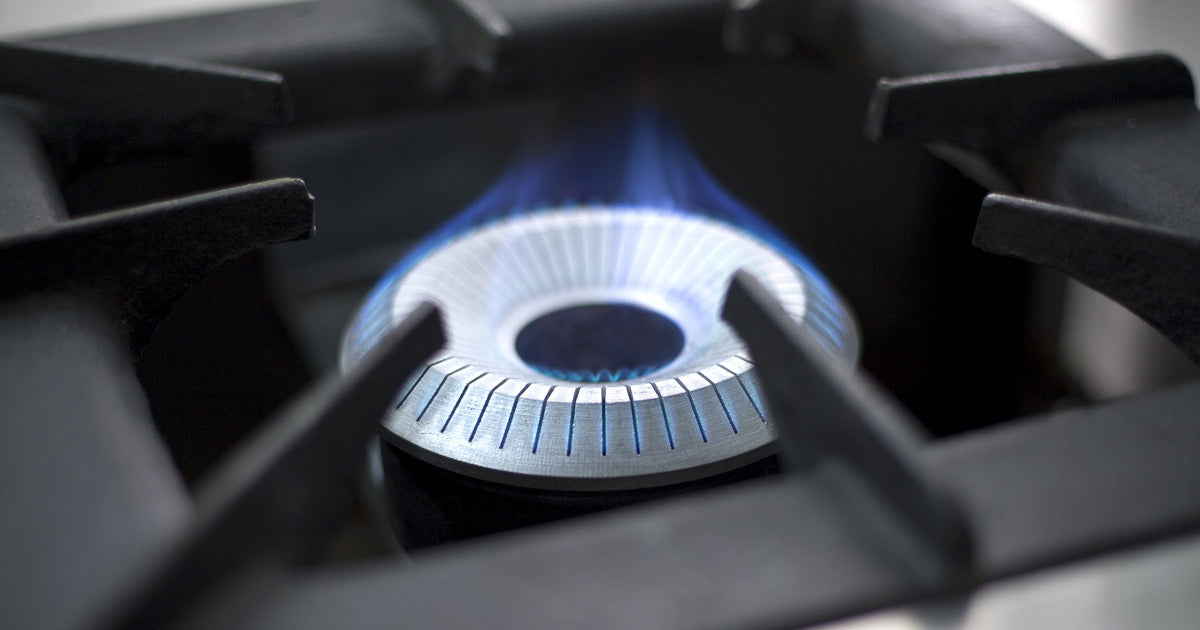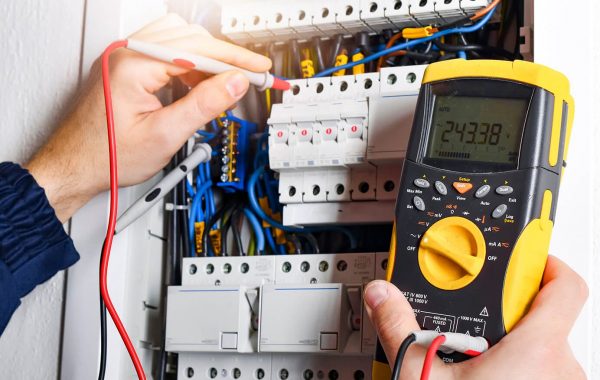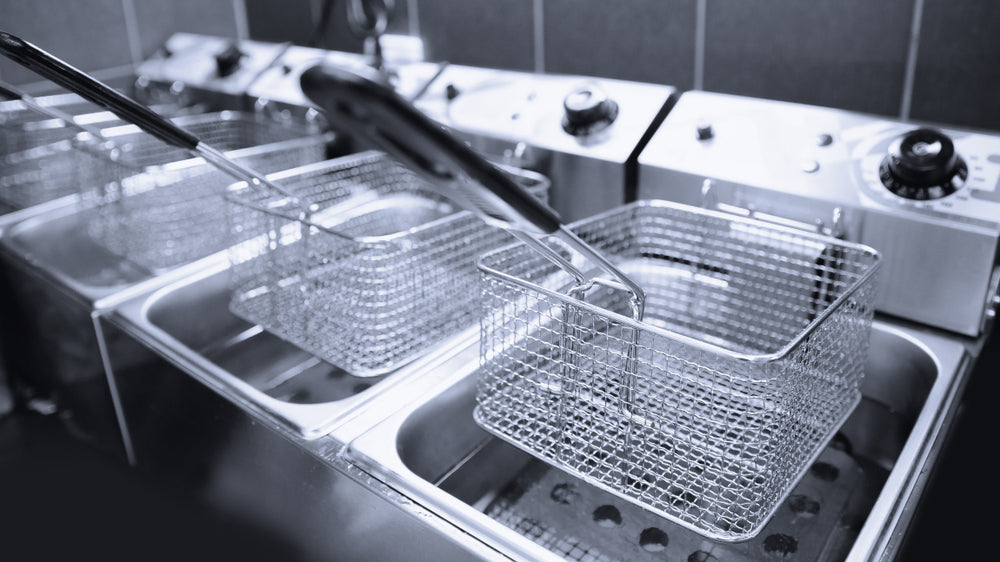Specialised Recycling refers to products and/pr material types which can be recycled but through specialised facilities. This is often due to the use of different materials combined to make a functional product, or from the presence of heavy contamination. An example of specialised recycling is the Simply Cups Scheme which offers a bespoke solution for the collection and recycling of paper cups.


Sustainable Packaging Materials: Recycled Materials
Recycled materials are simply materials that have been used before and then used again – so not wasted to landfill or litter.
You might have wondered what happens after you’ve done the good deed of dropping your plastic into the plastics recycling bin or those old journals into the paper bin? Well, depending on what type of plastic it is it might get down-cycled (recycled into a lower quality product) or up-cycled (recycled into the same product or one of equal quality).
That’s why we love our Revive™ range so much: it’s made from the only plastics that can be up-cycled back into food grade products (rPET mixed with PET). And what does that mean? That our Revive™ range is plastic bottles made from plastic bottles. How cool is that?
Sustainable Waste Stream: Widely Recyclable
Widely recyclable not only means that the materials which make a product could be disassembled, remodelled, and used again, but also means that the materials will be recycled as they are accepted for recycling across the UK.
For example RPET mentioned earlier is recycled throughout the UK, as is paper and cardboard.
Though everything is technically recyclable, not everything is recycled – even if you pop it into the recycling bin.
Beyond the limitations of recycling due to food contamination, recycling can be especially confusing because not all regions or boroughs will recycle the same things, bins aren’t always clear, and on top of that, different waste collectors ‘recycle’ different materials.
That’s why choosing products that are widely recyclable, like our Revive range, is so important!
Revived Recycling Process
What is Specialised Recycling?

INSTALLING GAS APPLIANCES GUIDE
Installing a new gas appliance in a commercial kitchen might sound like a complicated process, but it doesn't have to be. As long as you follow the correct advice and use fully qualified and accredited professionals, you can have a powerful new cooker or hob ready to go in next to no time.This guide should help you understand the full process, from ordering your machine to the final installation sign-off.

ELECTRIC POWER GUIDE
If there’s one thing that all catering appliances have in common, it’s power. Every machine, from blenders and blast chillers to cookers and combi ovens all require either a gas or electricity connection. With electrical appliances, one of the most common questions we get asked here is “What’s the difference between single phase and three phase power?”. As power requirements can vary greatly between machines, it's vital to know the difference to ensure your investment is an asset to your kitchen.

Purchasing A Commercial Fryer Guide
Whether you’re frying fish, chicken, doughnuts or chips, a Commercial Deep Fat Fryer is the ideal to produce deliciously crispy and succulent foods. However, choosing the right fryer from such a vast range could seem overwhelming at first. For many businesses, a professional commercial fryer is the primary cooking appliance that generates vast amount of revenue, so it’s vital to understand the features, limitations and which type of unit is best suited to your business.
